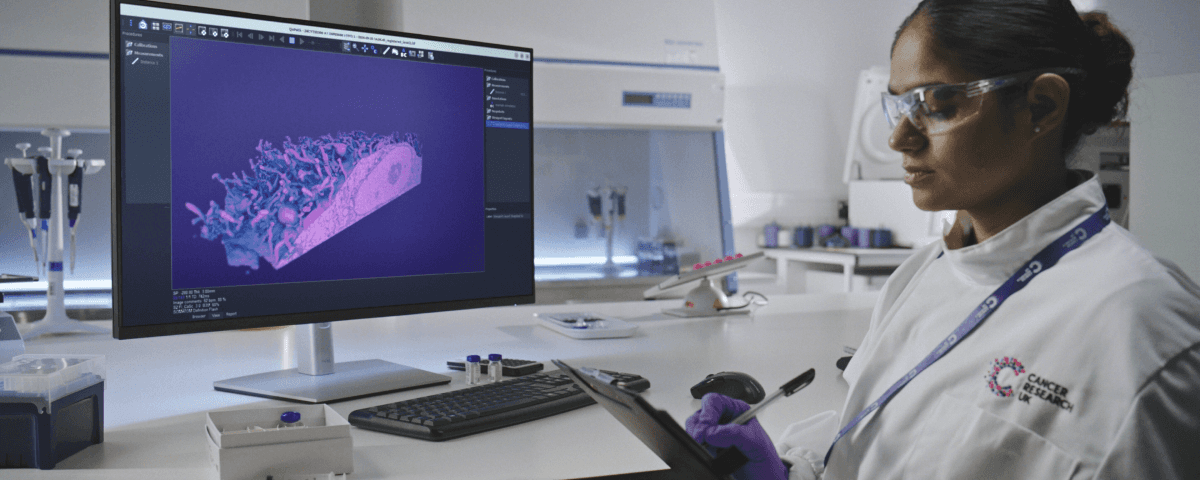
We carry out world-class research into more than 200 types of cancer through the work of more than 4,000 scientists, doctors and nurses.
Day by day, step by step, research is driving advances in the prevention, detection and treatment of cancer. This progress is saving and improving the lives of millions of people affected by cancer worldwide.
But our work isn’t done yet. We want to bring about a world where everybody lives longer, better lives, free from the fear of cancer.
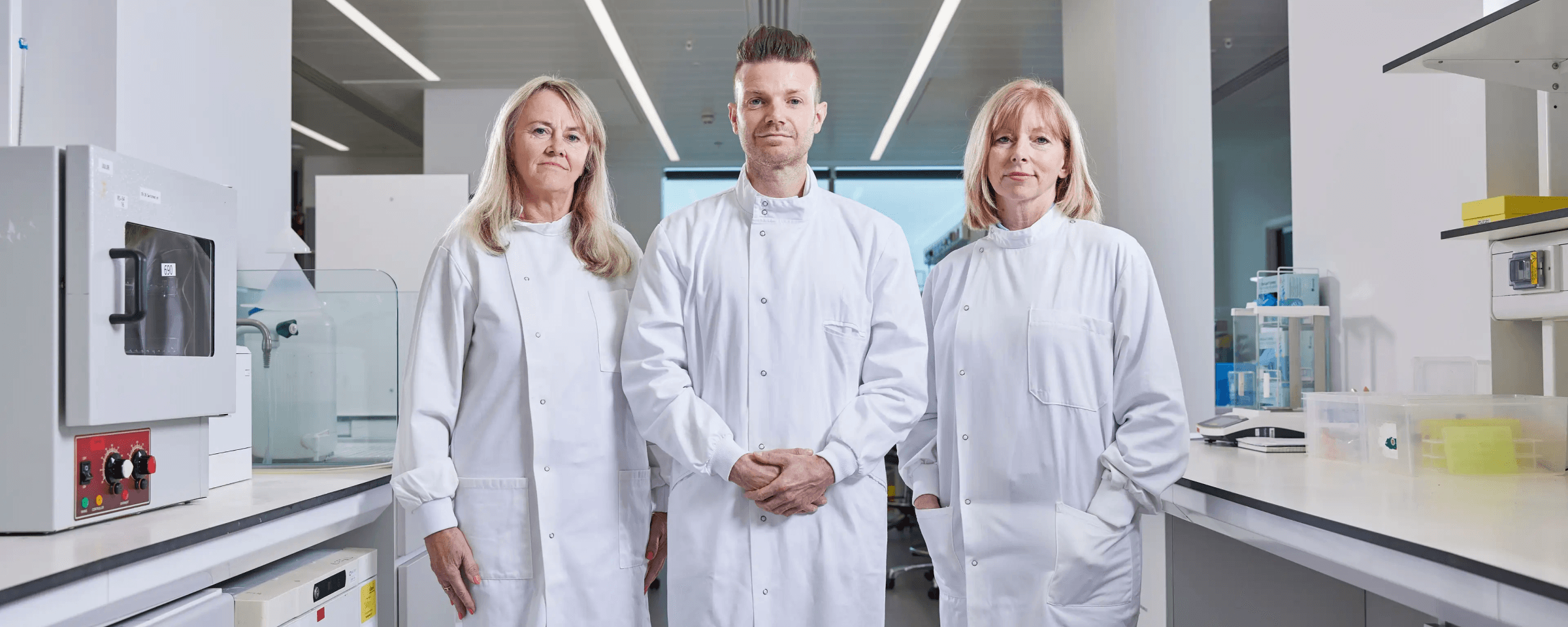
We’re proud to partner with Channel 4 on Cancer Detectives: Finding the Cures – a powerful new documentary series that showcases pioneering research that could change everything, and the people behind it.
Breakthroughs are new discoveries that could help us beat cancer. Right now, our researchers are making discoveries that could change how we prevent, diagnose and treat cancer, bringing hope to millions of people now and in the future.
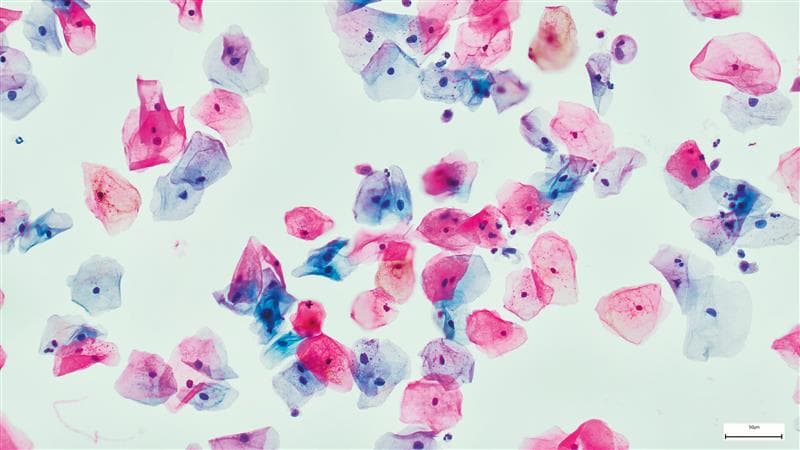
We’re uncovering more of the risk factors associated with cancer to help prevent people developing the disease.
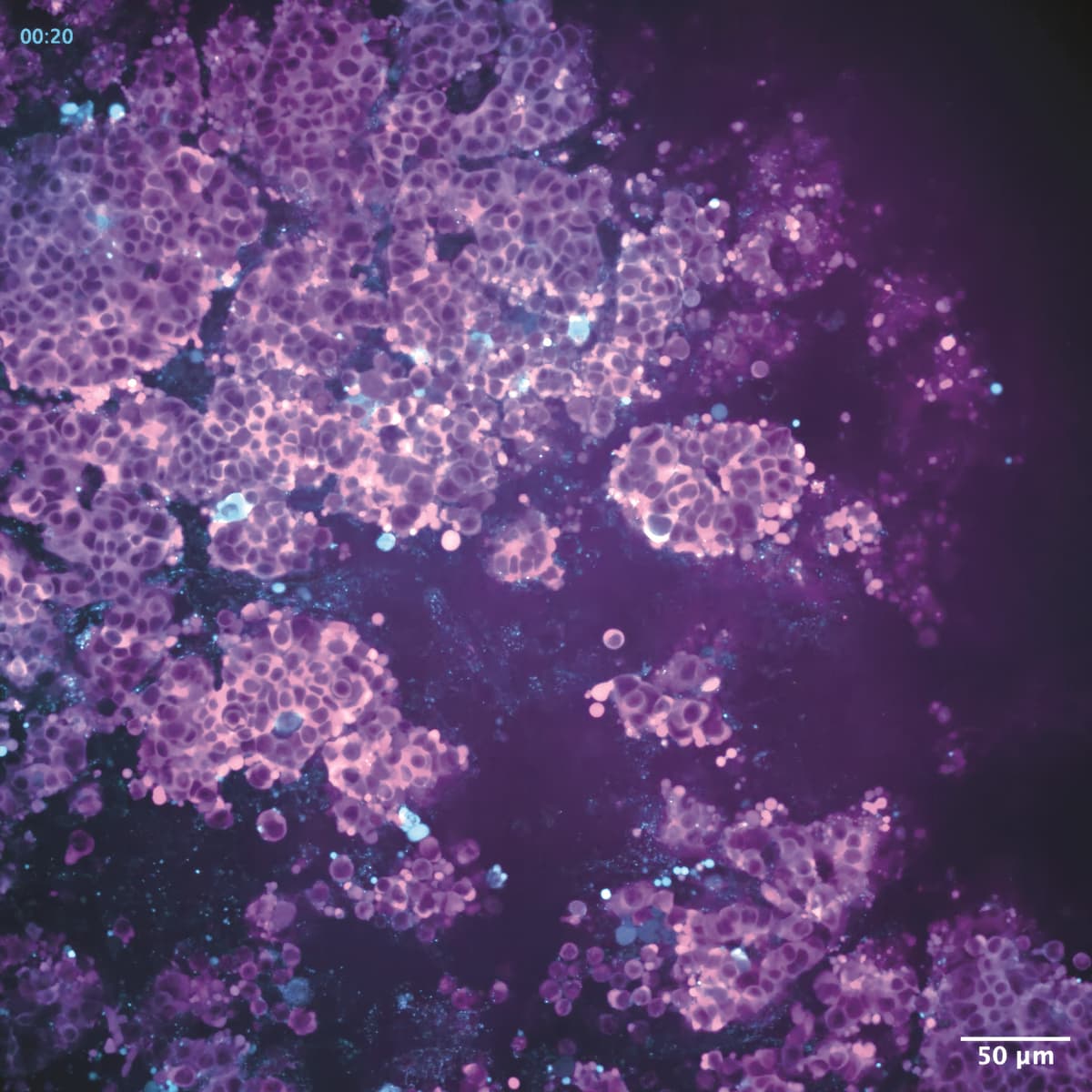
We’re supporting researchers across the country to find ways to detect cancer earlier and quicker.*
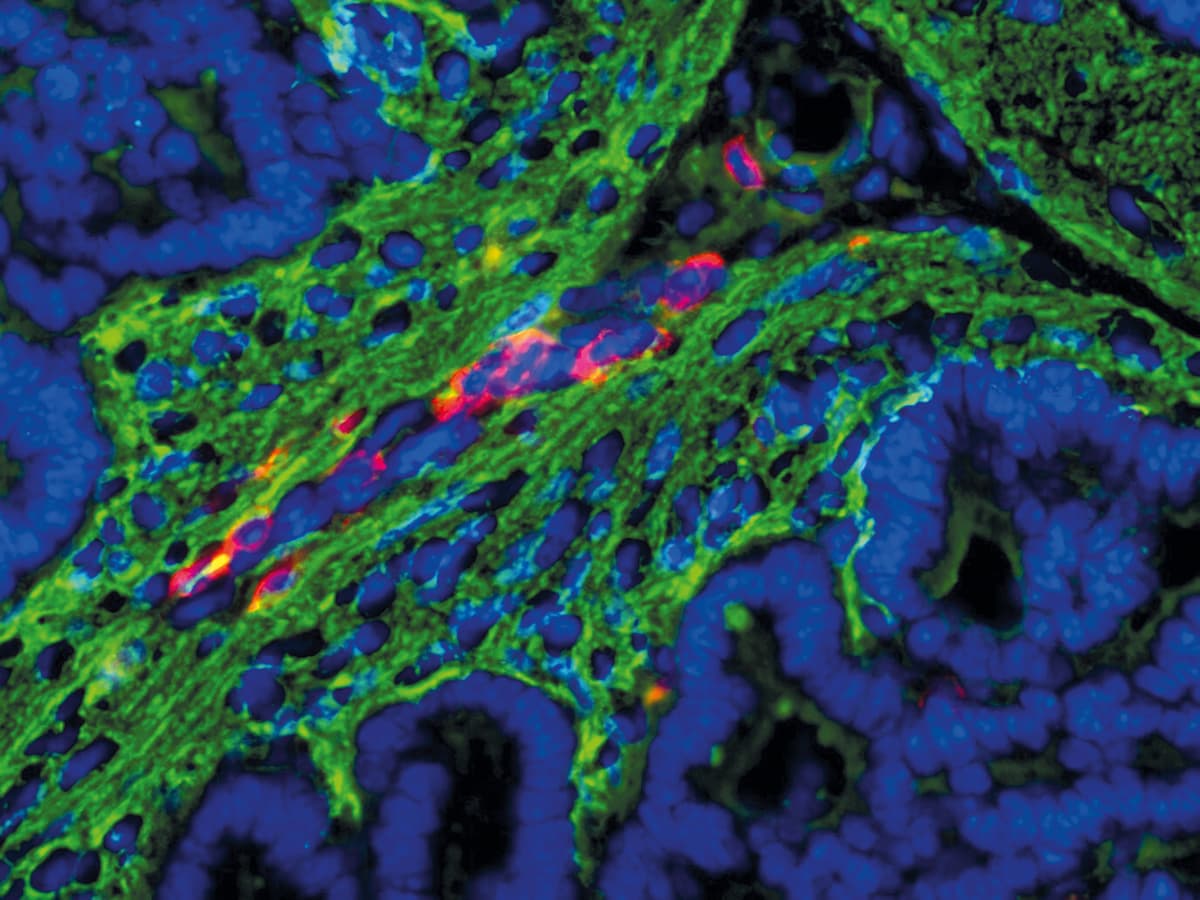
From personalised radiotherapy to surgical dyes, our researchers are continuing to innovate treatment for people affected by cancer.

Thanks to research, a future where almost no one develops cervical cancer is now possible.
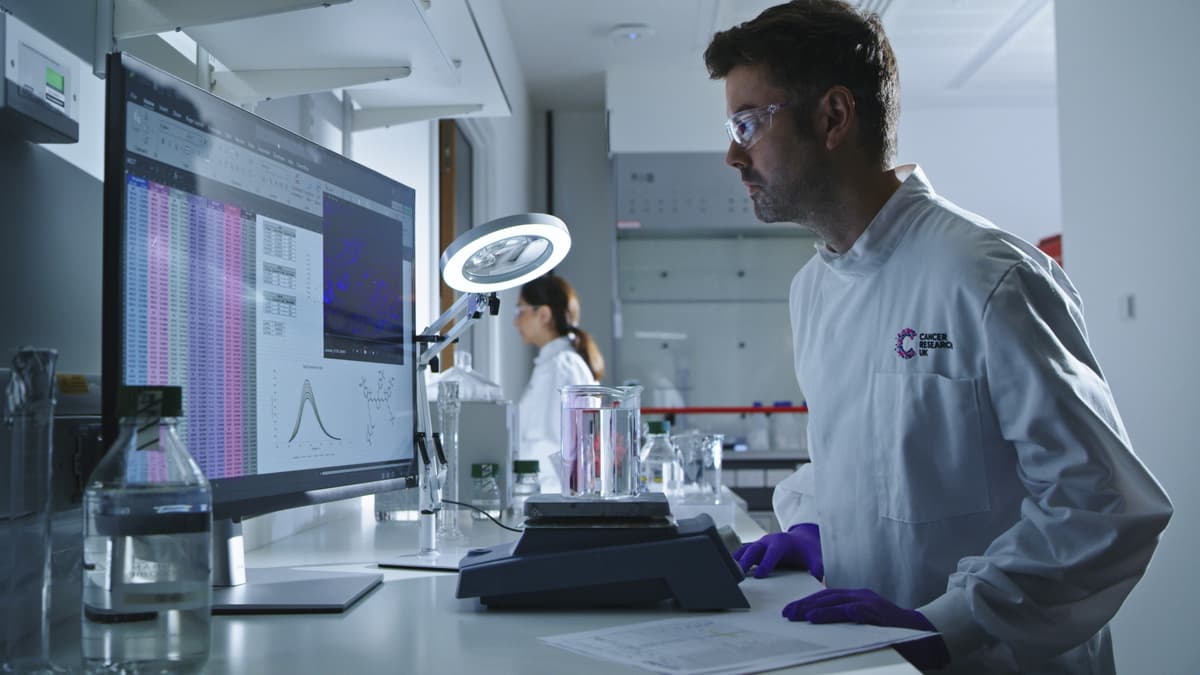
Find out more about our life-saving work that’s powering progress for people affected by cancer.
Microscopic photography credit:
*Pancreatic cancer organoids, adapted from Dr Eloise Lloyd, Biffi Lab, CRUK Cambridge Institute.